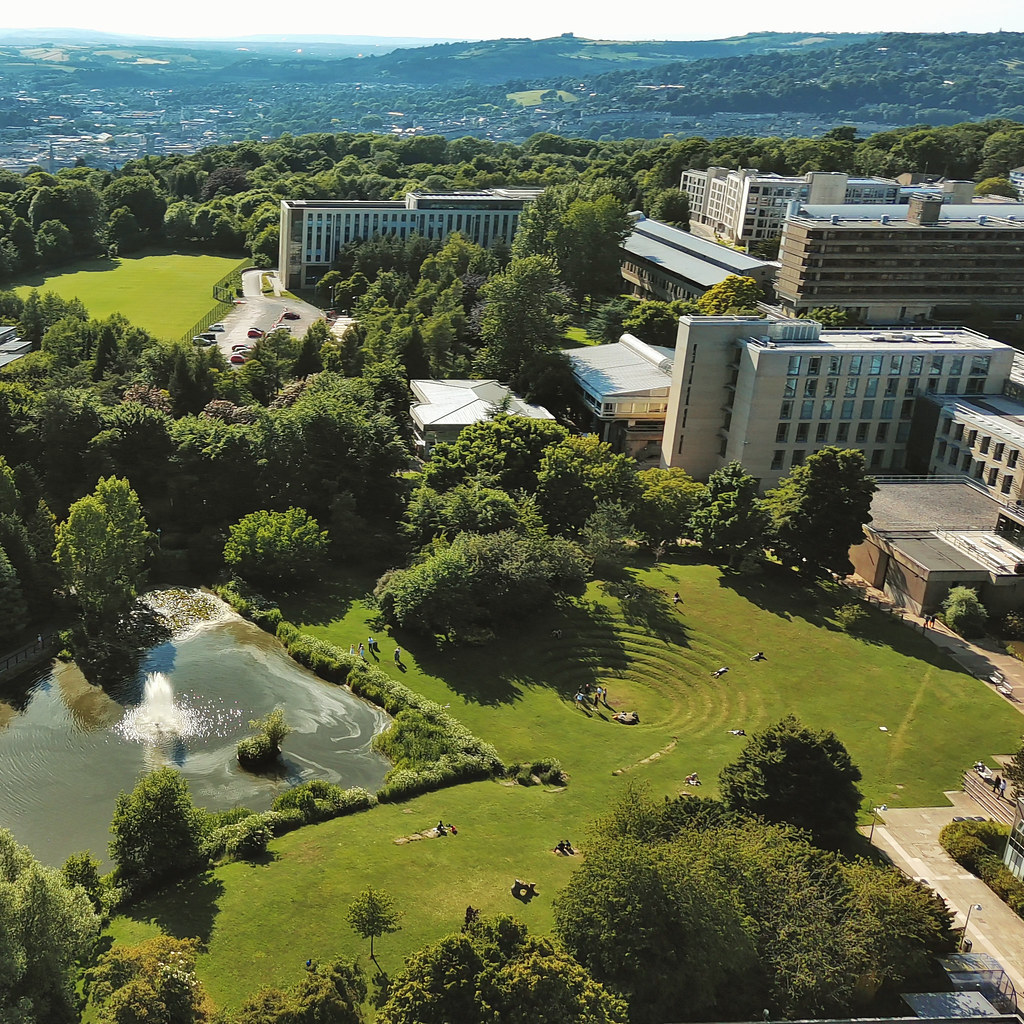Discipline-specific courses
- MRes Economics*
- MRes Education*
- MRes European Social Policy
- MRes International Development*
- MRes Politics and International Studies*
- MRes Psychology*
- MRes Social Policy*
- MRes Social Work*
- MRes Sociology
Interdisciplinary courses
- MRes Advanced Quantitative Methods in Social Science*
- MRes Climate Change, Sustainability and Society*
- MRes Global Challenges: Geopolitics, Inequalities and Mobilities*
- MRes Health, Wellbeing and Society*
- MRes Sociotechnical Futures and Digital Methods*
* May also form a discipline pathway for the South West Doctoral Training Partnership (SWDTP)







